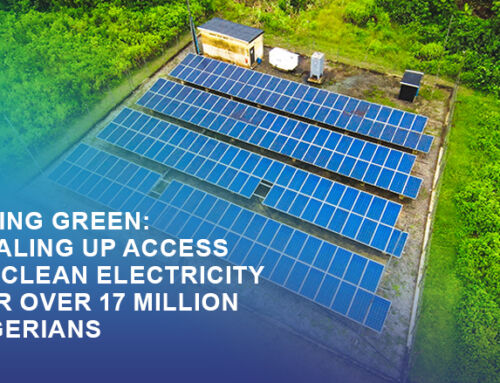Advantages of Solar Energy
1. Solar is a renewable energy source.
Solar electricity, as the name implies, is an infinite resource. Unlike fossil fuels, which need enormous work, time, and expensive heavy machinery to produce, renewables directly convert a natural resource – in the instance of solar power, sunshine – into energy. Another important aspect that makes renewable energy more appealing than coal, oil, and natural gas is the considerable difference in emissions, with fossil fuels being one of the world’s greatest contributors to greenhouse gas emissions. Renewable energy is not only cleaner, but also less expensive and easier to create than any fossil fuel. What, however, distinguishes solar energy from other renewable energy sources?
2. There is an abundance of solar energy.
In truth, solar is the most abundant energy source on the planet, and we have developed revolutionary technologies that could allow us to rely exclusively on solar for the rest of our lives. Another significant advantage is that a tiny fraction of the sunshine we receive each day can produce a tremendous quantity of energy. Indeed, the US Department of Energy claims that an hour and a half of sunlight reaching the planet’s surface creates enough energy to power humanity for a whole year.
3. Solar Technology Is Becoming More Efficient
Scientists have achieved significant breakthroughs in the development of solar technology over the years, most notably in improving the efficiency of solar panels and battery storage systems, as well as their overall durability over time. According to Rhone Resch, President of the Solar Energy Industries Association (SEIA), The worldwide PV sector has grown at a rate of more than 40% per year over the last eight years, with significant breakthroughs in automation, production, and throughput. Most panels nowadays are 15% to 20% efficient, which means they can convert 15% to 20% of the solar they absorb into electricity. Panel efficiency has constantly improved over the last decade, which is a hopeful element that leads to ongoing cost reduction. Furthermore, their resistance to adverse weather has been greatly increased, increasing their typical lifespan to almost three decades with little to no loss of effectiveness.
4. Solar Panels Are Becoming More Affordable
Price is an essential consideration when it comes to the benefits of solar energy. The International Energy Agency (IEA) stated in its World Energy Outlook 2020 report that solar power systems now provide the cheapest electricity in history. The Agency forecasted in its 2021 report that by 2050, renewable energy generation will continue to expand, with solar power production rising and becoming the world’s principal source of electricity. Solar energy is praised for the low operating and maintenance expenses of its panels. While the cost of the panels is the most important aspect of the total equation, solar is undeniably a low-cost source of energy that can significantly reduce the electricity bill in the long term.

Let’s talk disadvantages
this renewable resource, along with all others, certainly has undeniable potential and it still a better alternative to environmentally unfriendly fossil fuels, beyond being the best chance we have at stopping global warming.
Disadvantages of Solar Energy
1. Solar Energy is Still Expensive for Households
Yeah, I know I said solar energy is getting cheaper? Well, it is true. However, some components of solar technology remain too expensive. Indeed, obtaining a solar system necessitates a substantial initial expenditure to cover the expenses of panels, inverters, batteries, wiring, and system installation. The batteries used for solar power storage, which can cost up to NGN 5 million, are one of the most expensive aspects of the system. Nonetheless, solar technology are continually evolving, which is contributing to huge price reductions. According to statistics, the average global cost of solar PV modules fell dramatically in the first two decades of commercial solar power production and has been steadily reducing ever since.
2. Solar Energy is Weather Dependent
One undeniable downside of solar energy is that it is not equally efficient all around the planet. While solar power can be generated on a cloudy day, some level of daylight is still required to harness the sun’s energy, and the amount of energy that can be produced varies greatly depending on many factors, including the amount and quality of direct sunlight received by the panels, as well as the size, number, and location of the panels themselves. As a result, in regions with insufficient sunlight throughout the year, alternative renewable resources such as geothermal energy and hydropower may perform better.
Should We Invest in Solar Energy Anymore?
The quick answer is yes. There is no such thing as a ‘perfect’ source of energy. From nuclear and fossil fuels to renewable resources, all have advantages and disadvantages, including solar energy. However, with time running out in the race to zero emissions, it is critical that all governments begin to properly analyze which energy sources might provide the greatest benefits.





